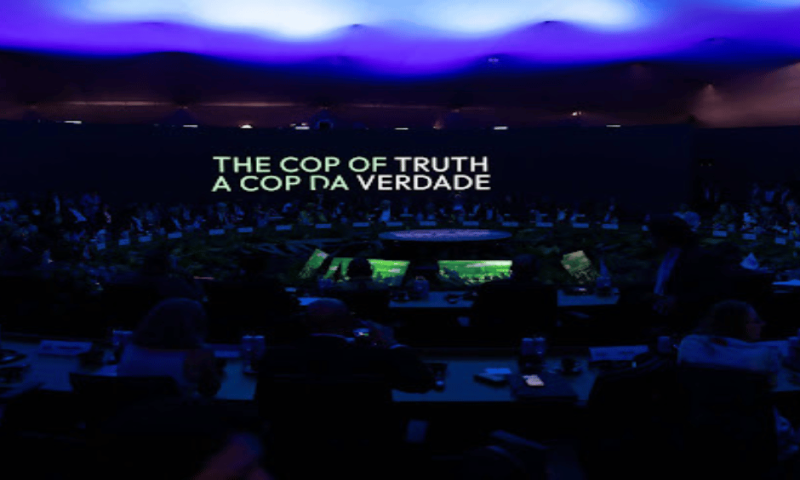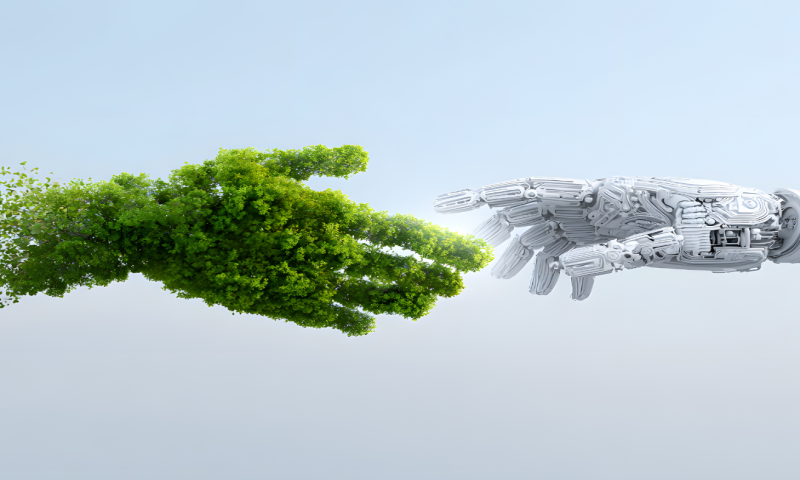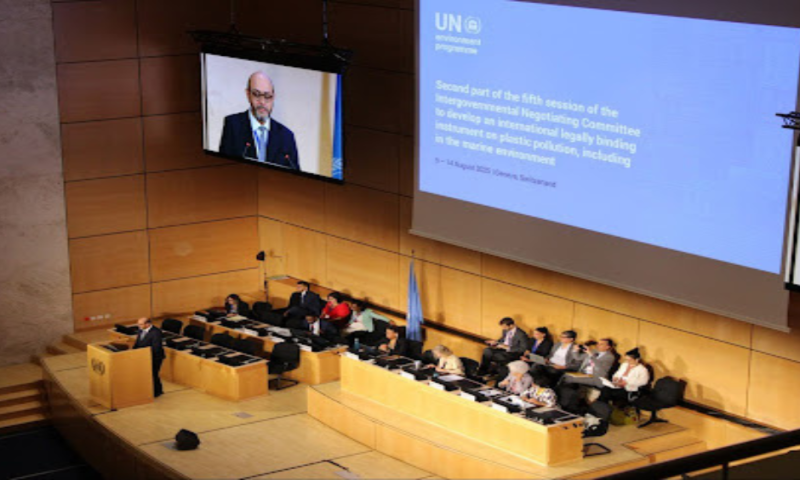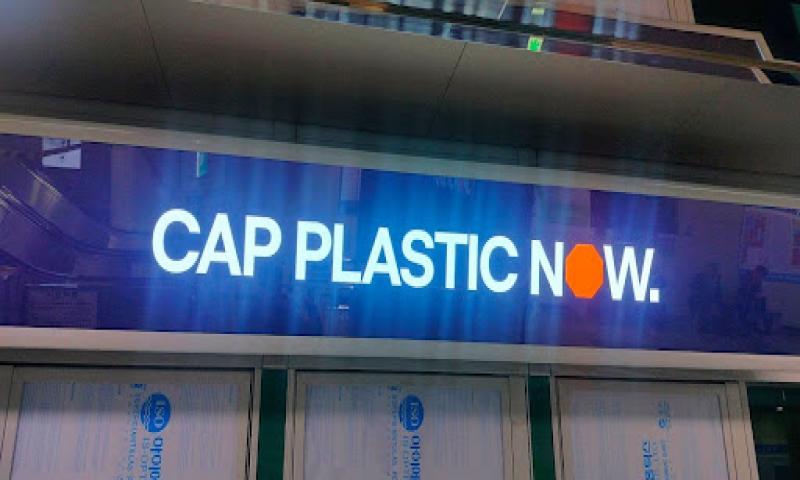Forest gains, finance gaps, and a missing fossil plan: The real story of COP30
The Amazon was a symbol of the undeniable urgency with which COP30 commenced. The rainforest, a global stabiliser, was clearly under increasing pressure, setting a context for a conference in which ambition and anxiety went hand in hand. Delegates were greeted with the position that this would be the COP of implementation. By the conclusion of the conference, the world was left pondering whether Belem had advanced climate justice, or it simply rearranged old promises.




